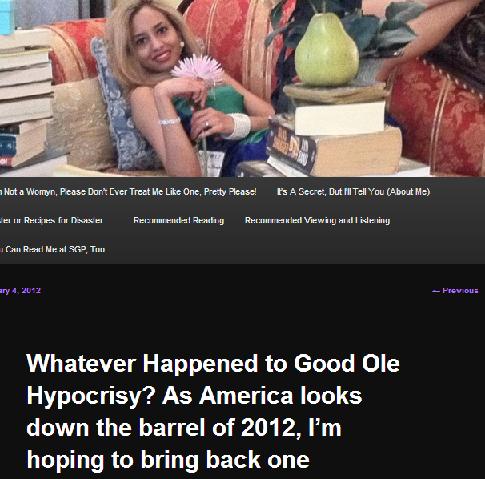Texas Governor Rick Perry is supporting cheerleaders at a middle school in Beaumont who want to lead cheers with Bible verses. According to the Houston Chronicle, the cheerleaders post banners with verses and Christian phrases during sporting events. One such verse is “if God is for us, who can be against us?” I wonder if the team has lost any games this year.
A complaint has been lodged in court by the Freedom from Religion Foundation. Yesterday, a judge handed down a temporary injunction allowing the girls to continue displaying their Bible banners.
Perry is a Republican and it is generally true that Republican leaders have favored mixing religion in schools. At least that is often true of current Republican leaders. However, it was not always so.
Researching the GOP through the Reconstruction era, I was surprised to see the GOP on record against sectarian aims in public education. For instance, in the presidential campaign of 1876, President Grant said in a speech in Iowa
Encourage free schools and resolve that not one dollar of money appropriated to their support no matter how raised, shall be appropriated to the support of any sectarian schools.*
The Republican platforms were quite clear in this regard through this period. Here is the 1876 platform statement on public education:
7. The public school system of the several states is the bulwark of the American republic; and, with a view to its security and permanence, we recommend an amendment to the constitution of the United States, forbidding the application of any public funds or property for the benefit of any school or institution under sectarian control.
Then again in 1880:
3. The work of popular education is one left to the care of the several States, but it is the duty of the National Government to aid that work to the extent of its constitutional power. The intelligence of the Nation is but the aggregate of the intelligence in the several States, and the destiny of the Nation must be guided, not by the genius of any one State, but by the aggregate genius of all.
4. The Constitution wisely forbids Congress to make any law respecting the establishment of religion, but it is idle to hope that the Nation can be protected against the influence of secret sectarianism while each State is exposed to its domination. We, therefore, recommend that the Constitution be so amended as to lay the same prohibition upon the Legislature of each State, and to forbid the appropriation of public funds to the support of sectarian schools.
And then in 1892, the platform became quite specific about not mixing church and state in education (or anywhere else for that matter):
The ultimate reliance of free popular government is the intelligence of the people, and the maintenance of freedom among men. We therefore declare anew our devotion to liberty of thought and conscience, of speech and press, and approve all agencies and instrumentalities which contribute to the education of the children of the land, but while insisting upon the fullest measure of religious liberty, we are opposed to any union of Church and State.
Now GOP culture warriors go to court to allow sectarianism in the schools. I think the GOP had it right the first time around.
*Charles Calhoun. Conceiving a new republic: The republican party and the southern question, 1869-1900. Lawrence, KS: University Press of Kansas, 2006, p. 84.
